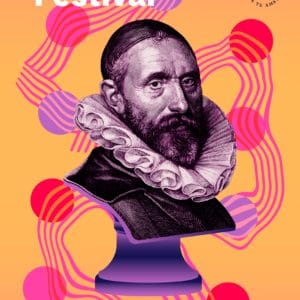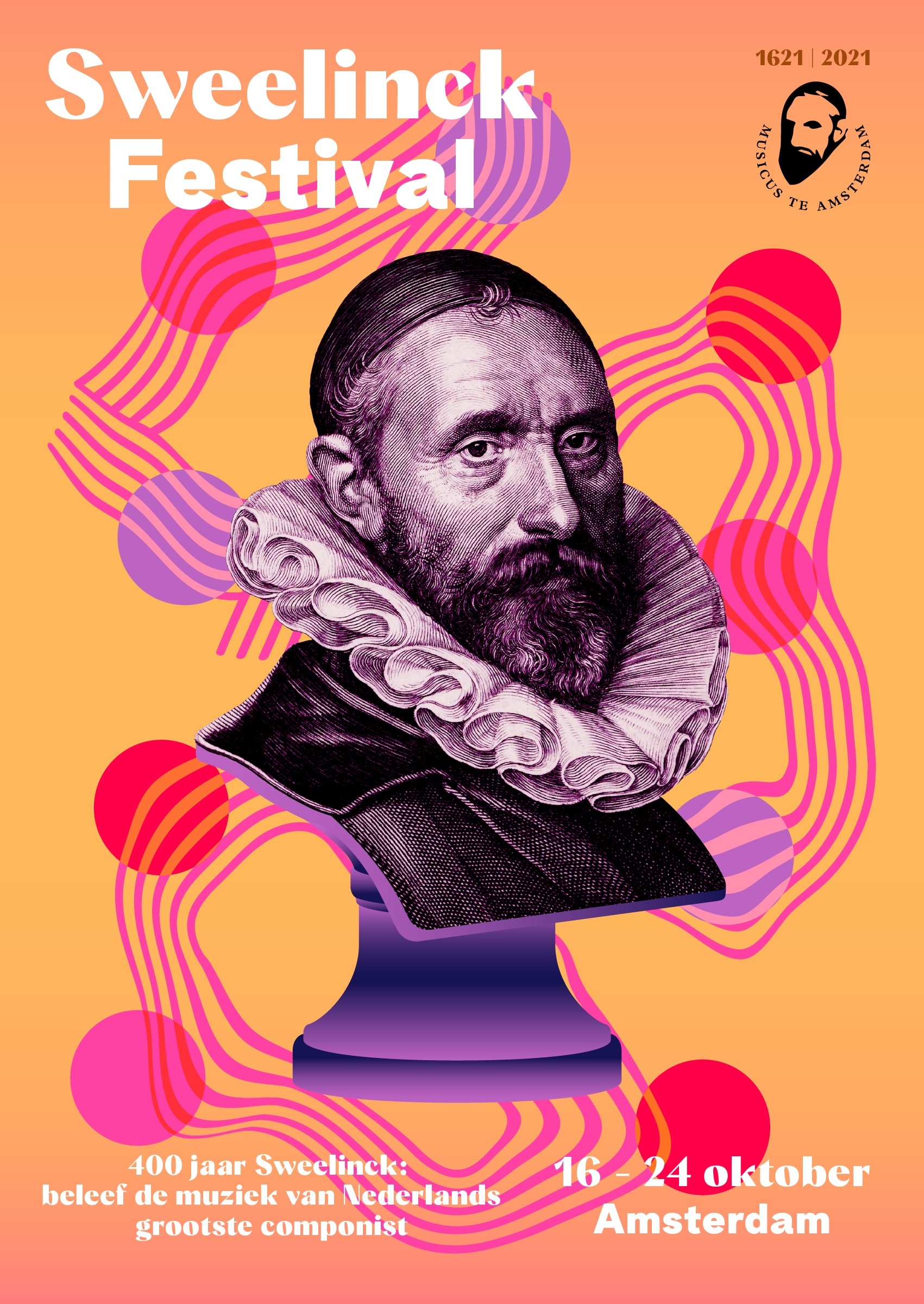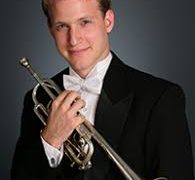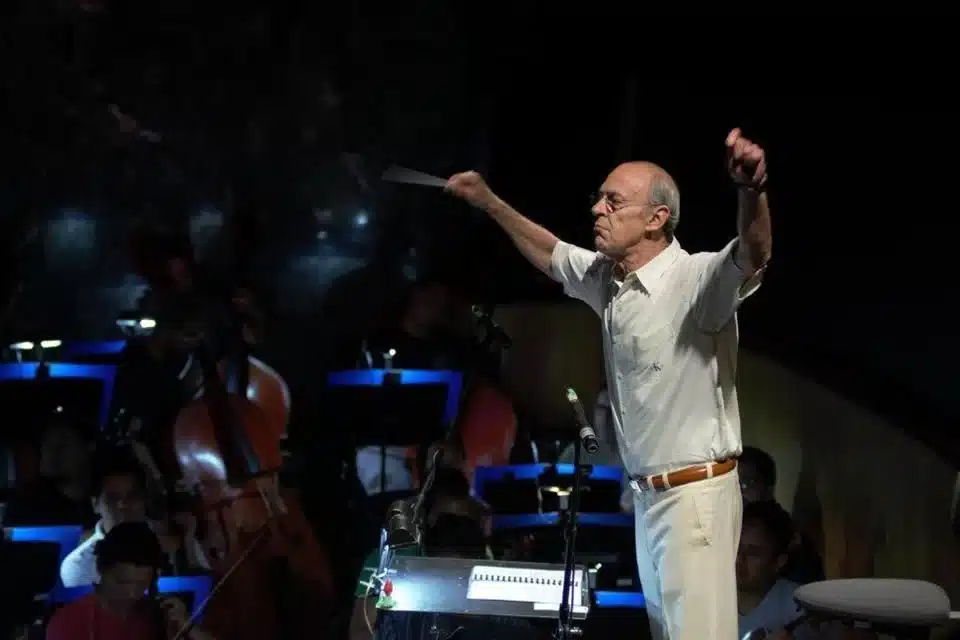The ‘greatest Dutch composer’ is 400 years dead
NewsThe Dutch are organising a festival in honour Jan Pieterszoon Sweelinck, who died on 16 October 1621.
The press release is rather discouraging for living composers:
The greatest composer ever born in the Netherlands: Jan Pieterszoon Sweelinck (1562-1621) lived in Amsterdam. The Sweelinck Festival will commemorate the 400th anniversary of his death by organizing a week full of concerts, workshops, and other activities between 16 and 24 October, to take place at several Amsterdam locations. The Sweelinck Festival will remind listeners in an open and accessible way how a musician who lived four centuries ago can still hold an important place on the illustrious list of Dutch composers. Performers will include such international musicians and ensembles as the Swiss choir Lamaraviglia, Doulce Mémoire with Denis Raisin Dadre, Kathryn Cok, and the Caecilia-Concert.
Sweelinck Festival 2021
According to artistic leader Simon Groot, “Vocal music is a marriage between two art forms: literature and music. Nowhere is that marriage as harmonious as in the music of Sweelinck. The Sweelinck Festival unites the past and the present. Sweelinck’s iconic music is at the heart of the festival, which will offer new perspectives—for visitors who would like to participate by singing and making music. But also for guests who prefer to immerse themselves in Sweelinck’s works.”
Jan Pieterszoon Sweelinck: the Amsterdam Orpheus
Jan Pieterszoon Sweelinck, born in 1562 in the eastern Dutch city of Deventer, moved to Amsterdam at a young age. Sweelinck was a prominent citizen of Amsterdam: he served as the municipal organist in the Oude Kerk (Old Church) for more than forty years, and he led the Amsterdam Collegium Musicum. His legacy includes a musical oeuvre of poignant beauty worthy of international recognition. No wonder his contemporaries called him the “Amsterdam Orpheus,” referring to the mythological Greek musician and poet.
Sweelinck’s works: improvisations, keyboard music, and pieces for vocal ensemble
Much of the music Sweelinck played started out as improvisations. The keyboard music Sweelinck notated sometimes evolved from improvisations, or was used as a preliminary sketch, or written down for his pupils as part of their studies. In addition to compositions for organ and harpsichord, Sweelinck wrote more than 250 works for vocal ensemble.
Without Sweelinck, there would have been no Bach
From a musical point of view, Sweelinck is the forerunner of Johann Sebastian Bach. He had a direct link with Bach via his students. Sweelinck was a well-respected musician with international appeal, and students came from far and wide to study with him in Amsterdam. Those students, in turn, often grew to become important musicians in their own right, such as the German composers Praetorius and Scheidemann, thus forging a direct link between Sweelinck and Bach.







In the 17th century, music written in the Dutch Republic had no cultural identity of its own but was simply North-European music, hence the easy way it was spread to the German lands. Sweelinck’s music is indeed of the greatest quality and full of expressive surprises, and is certainly not enough performed, in spite of the wide-spread HIP movement (Historically Informed Performence).
The Dutch Republic, being the first bourgeois republic in Europe, never had a specific cultural or political identity (which was a continuing debate among its leaders). It still does not have a national identity, it simpy imports everything from abroad and makes it smaller, according to its own mindset. Culture has a very low priority in the country, so there is not much interest in Sweelinck’s music as a ‘symbol’ of cultural identity.
Later composers never developed a national identity and were rooted either in music from Germany or France, which was the only way to develop at all. The first ‘typically Dutch’ national style in new music was created by Louis Andriessen in those jolly sixties of the last century, and an aesthetic embarrassment for any serious adult musician. Sweelinck would have turned in his grave if he heard it.
Hopefully this festival will draw the attention of musicians abroad, so that the music will travel into more wholesome air.
The Dutch Republic was the second bourgeois republic in Europe, and not especially long-lived.
? I know of no other European bourgeois republic of those times. The Venetian Republic was not bourgeois, but was led by an elite of merchants.
The 16C temporary republics of Florence were also, as far as I know, not bourgeois republics.
Although in the Dutch Republic merchants had a big finger in the pie, people could work themselves up into the ruling class, and local influence from the burgers was strong, and with rules with differences between the areas.
Although formally Holland became a kingdom after the French occupation, the kings never had much power and today the ‘monarchy’ is mere theatre for the masses. In fact, it is a republic.
The Republic of Venice (697-1797) was ruled by the ‘Doge’ elected by an oligarchy of merchants. The ‘Doge’ was an unpaid position, usually given to a most rich merchant who was also engaged in macroeconomics and external politics. There were ‘aristocrats’ who came from the oldest merchant oligarch families but they were ‘aristocrats’ only as far as they were very rich and successful in business; I think they corresponded to ‘patrician families’ in Amsterdam in the time of the republic. Amsterdam and Venice had much in common, especially freedom of press.
Indeed press freedom was a hallmark of the Dutch Republic – mainly for financial reasons, as the Republic’s religious tolerance was: when the bottom line is money, you don’t want to consider spiritual principles too much.
But the very notion of ‘aristocracy’ – either concrete or merely symbolic – was taboo: it was money making, not noble blood, that was the important thing. And if people were good merchants, they ‘paid’ themselves into the ruling circles.
You can see this bourgeois self-stylization, and the lack of ‘aristocratic ostentation’, in the portraits of that time, showing-off wealth in a very subdued / discrete way. They wanted to demonstrate their ‘normality’.
Recommended:
https://www.amazon.com/Dutch-Republic-Seventeenth-Century-Golden/dp/0521604605
Actually.
1. There was an aristocracy in the Dutch Republic, with representation in the Government. The aristocracy was more important in the poorer provinces than in Holland and Zeeland but nevertheless important everywhere.
2. The “merchants” in the government of the Dutch Republic became more-or-less a hereditary class, and largely abandoned commerce.
3. Religious tolerance was rather limited since political rights depended on joining the Dutch Reformed Church. Mennonites and Arminianists were particularly persecuted.
4. The lack of composers is really a symptom of the fact that the church became Calvinist and music was eliminated from religious services.
At least Louis Andriessen (RIP, 1 July 2021) did not have to read that. However, I doubt he would have claimed the honor.
I can’t believe the headline… “Greatest dutch composer.” Try again.
Well, they named the Amsterdam Conservatory after him, not Dufay or Orlando di Lasso or Ockeghem or Diepenbrock or Wagenaar or any of the Andriessens…
The composers you named were not clearly, identifiably, Dutch. They were Flemish (e.g. from modern Belgium).
https://www.youtube.com/watch?v=tqI2HftcB3I
https://www.youtube.com/watch?v=yJp6eZ7h0T8
https://www.youtube.com/watch?v=9zHWp9nEL0s
https://www.youtube.com/watch?v=w4X9oFclCSM
https://www.youtube.com/watch?v=x7ntoIEQd_I&t=10s
https://www.youtube.com/watch?v=B-TRvozaUNw
https://www.youtube.com/watch?v=zBZfjlzTkYo
Sweet. I played music by him just last week, as always on top of the latest trends!
You’re sure he died died on 16 October 2021?
Too early to say. We’ll see.
“Vocal music is a marriage between two art forms: literature and music. Nowhere is that marriage as harmonious as in the music of Sweelinck.”
So much for those poseurs da Ponte and Mozart, Goethe and Schubert, or Shakespeare, Boito and Verdi!
Enthusiasm is fine, but it’s possible to go overboard… I will also leave it up to musicologists to debate whether Sweelinck’s existence was indispensable to the subsequent existence of Bach’s music.
Sweelinck’s music is indeed marvelous, and I wish the festival every success.
I remember seeing his and other Dutch composers’ names inside the Concertgebouw in Amsterdam. And liking Sweelinck’s keyboard music very much.
I’m still irritated they removed my name to replace it by Sweelinck’s.
If you sing Sweelinck at a sushi bar in Amsterdam at midnight you may c eels wink.
When I was over in Amsterdam & loudly sang the alto part of a Sweelinck madrigal we had done with my choral club, in an Indonesian restaurant, I was kicked-out for being a colonialist. I’ll never eat that food again.
Sally
Wondering if Borstlap has a taste for borscht, and if Beethoven was fond of another beet recipe?